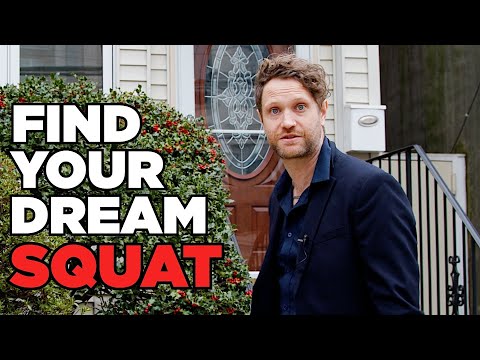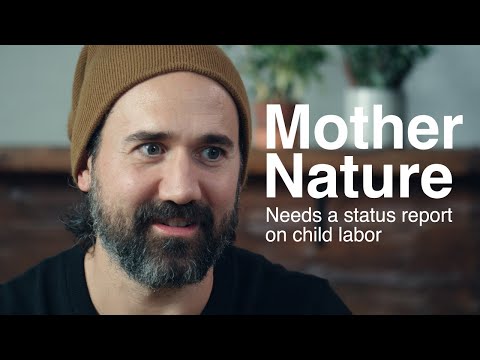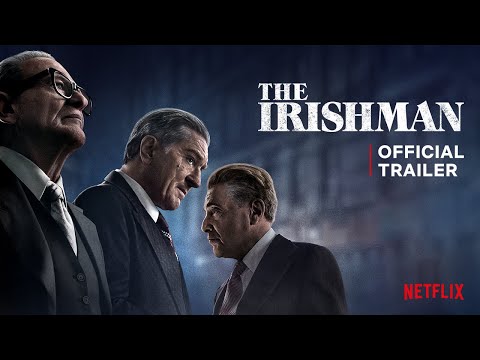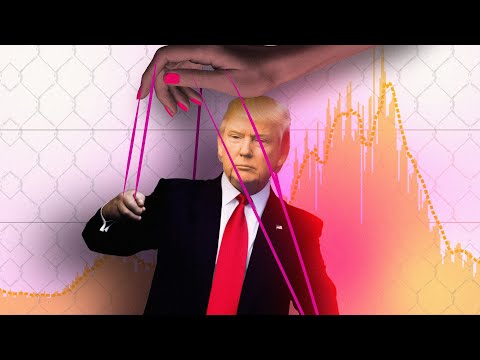This critic spends more time watching YouTube than most streaming platforms.


It’s often hard for Peacock and co. to compete … and the aforementioned clips cost a fraction of what Hollywood produces.
That’s only one of the many problems facing Tinsel Town in 2024.
News that Netflix is getting out of the so-called “auteur” business suggests another problem for La La Land. No more blank checks for the Martin Scorseses of the world. The next “Irishman”-style film may need to cut its budget dramatically, or it won’t get told.

We also learned that Oscar-winning director Kathryn Bigelow’s proposed Netflix film, “Aurora,” just got canceled.
And then there’s this atomic bomb dropped by Harper’s Magazine this week.
The Life and Death of Hollywood: Film and television writers face an existential threat
Ouch.
Currently, the machine is sputtering, running on fumes. According to research by Bloomberg, in 2013 the largest companies in film and television were more than $20 billion in the black; by 2022, that number had fallen by roughly half. From 2021 to 2022, revenue growth for the industry dropped by almost 50 percent. At U.S. box offices, by the end of last year, revenue was down 22 percent from 2019. Experts estimate that cable-television revenue has fallen 40 percent since 2015. Streaming has rarely been profitable at all. Until very recently, Netflix was the sole platform to make money; among the other companies with streaming services, only Warner Bros. Discovery’s platforms may have eked out a profit last year. And now the streaming gold rush—the era that made Dickinson—is over.
The feature focuses primarily on screenwriters, but the fears and loathing that community faces stretches across Hollywood.
The industry is in trouble.
The news is certainly grim for Hollywood across the board, but a small but determined group of creators may reap the benefits of the new world order.
They don’t have studio connections or deep-pocketed funders. They are often young, certainly scrappy and eager to tell their stories in any way possible.
This reporter knows an indie filmmaker prepping a release for later this year. The project’s budget is microscopic by Hollywood standards, but the finished product is indistinguishable from many films we regularly consume.
It’s good. Period.
Now, imagine a flood of like-minded storytellers using YouTube, Rumble, AI and other high-tech tools to tell stories on their terms.
- No A-list stars or expensive trailers to bog the creative process down.
- No studio suits sending them notes on how to water down the experience.
- No woke mobs eager to cancel them for telling the “wrong” tales.
Just creators creating. They’re doing it already.
Comedy Is Murder produces sketch comedy on par with “Saturday Night Live.” Indie filmmakers like Rob Montz create compelling mini-documentaries well worth your time.

The flood of new talent will swell as the Hollywood tide recedes.
We’ll never stop telling stories. The Hollywood we’ve known for decades may not look the same way it does now, but we’ll always have fresh tales to watch.
And, yes, many of these DIY stories will be difficult to watch. Terrible, even. A few will be wonderful and draw a sizable crowd.
The industry’s existential crisis opens the door for storytellers who don’t need La La Land’s bells and whistles. They just have to get their stories out by any means necessary.
The post Hollywood’s Collapse Is the Opening DIY Filmmakers Need appeared first on Hollywood in Toto.
0 Comments